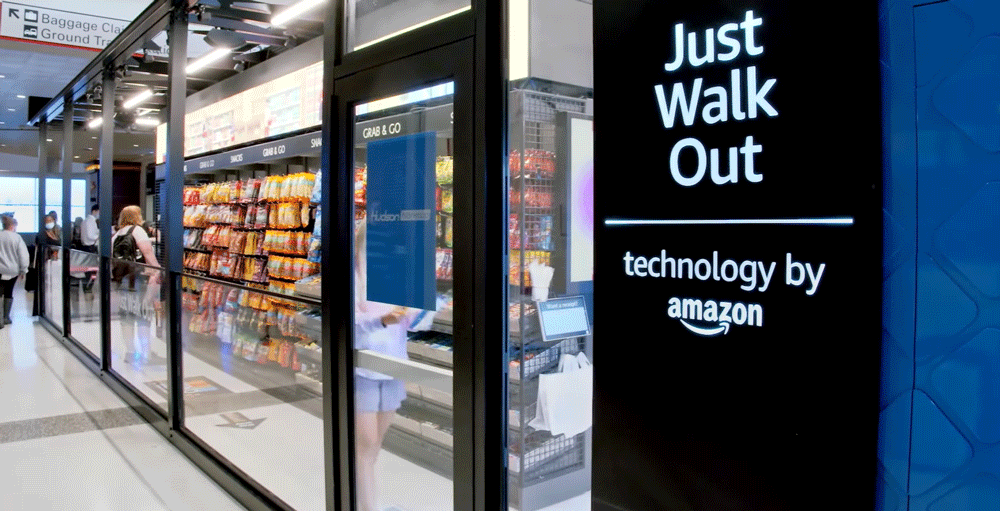Retail Gazette and Tech Mahindra hosted senior leaders at a VIP breakfast to discuss how to build more efficient retail technology stacks to future-proof their businesses.
Overcoming the challenges of legacy tech, choosing the right tech investments, and understanding and realising AI’s potential were the key themes that emerged from a VIP breakfast hosted by Retail Gazette and Tech Mahindra, the outsourcing and systems integration company, in London last month.
Using technology with AI and high-end connectivity at its core can transform a retail business – and the industry at large.
Leveraging the power of AI to understand the data stored across a retail business and its supply chain can deliver the kind of efficiency gains needed in today’s challenging retail climate.
Representatives from Deliveroo, Asda, Clarks, WHSmith, and Whittards of Chelsea were among those gathered to unpack their challenges around tech infrastructure in this context.
The conversation, held under Chatham House Rule, highlighted that one of the biggest barriers to success in future-proofing businesses through tech often comes at the hands of leadership, particularly the board.
There the mindset often prevails that they have perfectly good technology and that investing in more is a waste of capital expenditure. For others, there is limited vision beyond their own boardroom tenure.
The challenges of legacy tech
It should come as no surprise that top of conversation was the complications served by legacy technology, given that nearly 40% of business transformation is dependent on tech.
One participant outlined how they’re often unable to look further ahead until the tech the retailer already has can no longer be serviced; only then do they get the green light to upgrade – however, at that point they need to invest in a solution quickly to stay operational.
This often put the business behind the curve, or working at a pace that makes bringing stakeholders on the journey more difficult.
They’re not alone. Legacy is holding companies back, with one in five spending more than half their IT budgets on upgrades.
Change management was outlined as a key element in the success of technology implementation. “It’s just as important as the tech itself,” one attendee stated.
The conversation underscored the need for more education, less hubris and more partners that make bringing the wider business on the journey a priority.
Tech Mahindra also discussed a trend it has seen with many retailers opting to merely “lift and shift” when the time comes for them to move to the cloud.
David Lane, AVP of CPG and retail at the company, said: “It’s like when you move house. You take that opportunity to get rid of what you don’t need so you move into your new home with more space.
“Many retailers aren’t taking the time to spring clean, taking outdated, broken items with them – and they end up paying more as a result.”
Choosing the right tech investments
Everyone around the table had questions about what they should be implementing, how and in what order – with the ultimate goal to drive loyalty.
As one retailer stated: “Many of us are cash poor post-pandemic. I have the choice between modernising technology, updating my stores etc and it’s a struggle to understand where I’m going to get the greatest value-add quickly.”
Given the disparate size, scale and sectors of retailers in the room, there was no one-size-fits-all solution, but discussion focused on how having the right infrastructure tended to enable more personalised, efficient and focused customer interaction and experience across channels.
It’s notable that the 2024 Gartner CIO and Technology Executive Survey indicates that 71% of leaders plan to increase spend on store technology investments as a ratio of overall digital spend. Many in the room reflected this, prioritising initiatives such as mobile tills to improve customer service.
AI and the art of the possible
It was clear that retailers are hungry for more information about AI and its possibilities for their industry but are also concerned that its bright shininess often obscures practical use.
For instance, one attendee said: “What’s keeping me up at night is that our store colleagues are increasingly getting put in harm’s way through violent interactions with customers. How does technology help with that?”
This kickstarted a conversation about the benefits of using cloud-based security systems to build cases against store offenders, however it was pointed out that even with the most cutting-edge technology, efforts were often stymied once in the hands of the legal system.
Some of the more digitally-native brands within the room discussed the efficiency leaps they’d made with generative AI when applied to their brand and marketing efforts, from press releases to social media captions. This was one of the retail megatrends Tech Mahindra went on to outline.
These also included AI-based dynamic pricing, enhanced retail experiences through immersive shopping powered by AR/VR and use of holograms, touchless experiences such as seamless payment, and hyper-personalisation.
Lane concluded: “AI will be a business game changer for retailers in the coming years. It will help with task automation, marketing, stock control, customer service, employee safety and in a host of other areas.
“But remember, whatever your strategy and choice regarding the use of AI, make sure it is 1) a reliable tool 2) transparent to all and 3) explainable to all.”
Click here to sign up to Retail Gazette‘s free daily email newsletter


















